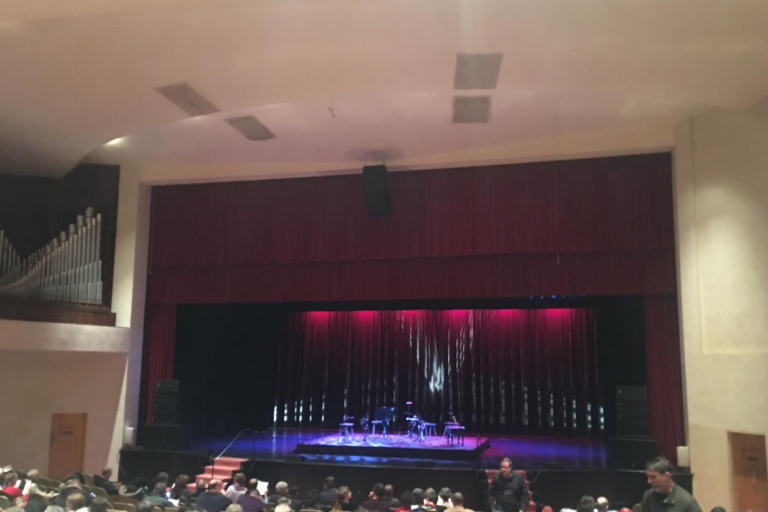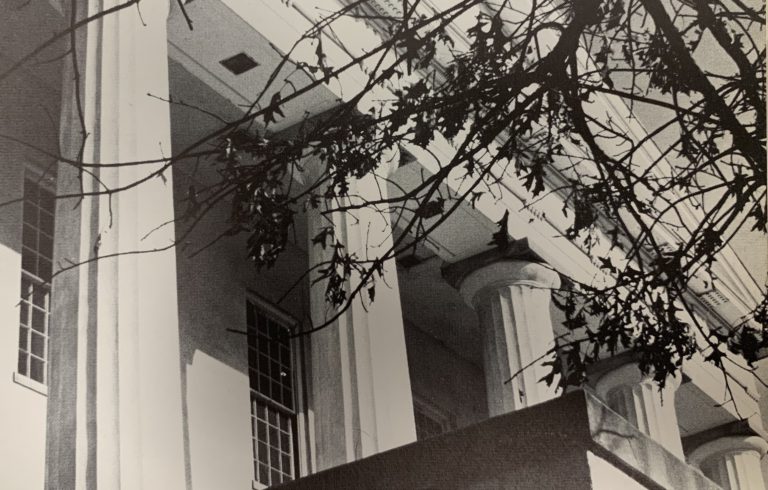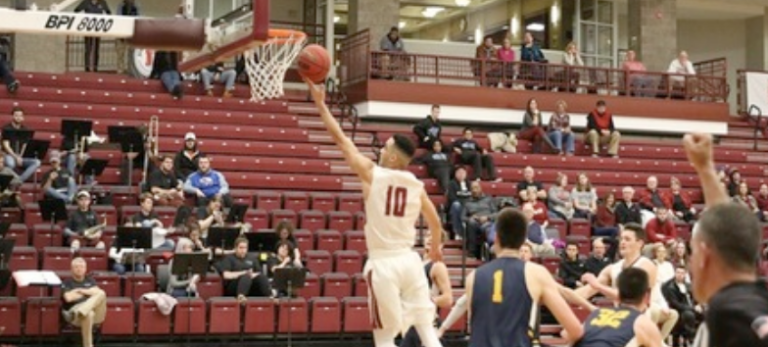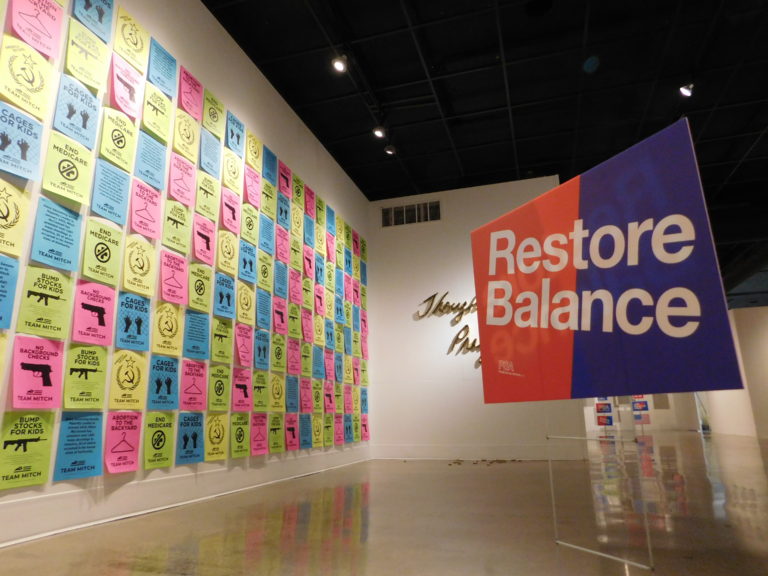The topic for this week’s “Staff Picks” is the superpower each of our staff members wish they had. If you have any topic suggestions that you would like to hear from us about, please email us at rambler@transy.edu.
Taylor Mahlinger, Editor-in-Chief: Time travel
“I think time traveling would be really useful because you could step back in time to relive a really good day or travel forward to see what the future might hold!”
Abby Stone, Managing Editor: teleportation
“Who wouldn’t want to teleport? You can go anywhere, anytime in a matter of seconds! Forget about needing a car in daily life or traveling by plane for cross-country/international destinations. Not to mention, it would be a savior when running late for classes (don’t tell my professors).”
Shawna Morton, Back-end Editor: telepathy/read minds
“if I had a superpower, I would love it to be telepathy, but only if I could control who I listened to and when because otherwise it would just be too much! I would want to read minds to prevent bad things from happening and anticipate movements in combat.”
Nyah Mattison, Graphic design & Media Editor: mimicry
“If I could have any superpower, I would probably choose mimicry. I think with mimicry you’d be able to do a lot of things, speak any language, have any accent, mimic any person’s looks and personality. It’s a universal superpower and would basically make every day Halloween!”
Gabrielle Crooks, Staff Photographer: psychometry
“My superpower would be psychometry! This would allow me to touch an object and perceive things about its history and its owner. This could make learning about the past much more accessible.”
Allison Spivey, News Editor: power to refill
“If I had to have any superpower it would be the power to refill things. Now, I didn’t make this up, so I can’t take credit for it but this is the power I would want. I could refill anything on a whim! My bank account, my coffee cup, my closet, the possibilities are endless really.”
Aaron Bell, Sports Editor: read minds
“I have always thought that that knowing what others are thinking provides an advantage in fields such as business. I also would never have to deal with a miscommunication anymore. Also, I could easily make a career as a poker player.”
Taylore Latham, Staff Contributor: fly
“If I had to choose one superpower, I think I’d choose the ability to fly, so I could go anywhere I wanted, anytime for free.”
Will Hickey, Staff Contributor: read minds
“If I had a superpower it would be the ability to read people’s minds at will. This would be helpful, not just socially, but also would help me in school because I could give the professor the answer they are looking for. There are a plethora of ways for this power to be used, but this is the one with the most potential in my opinion.”
Ruben Joseph, Staff Contributor: telekinesis
“If I could have a superpower, it would be telekinesis. I find that power so incredible and quite frankly, convenient. The thought of being able to stay in bed while moving snacks from your fridge over to you while binge-watching “The Chilling Adventures of Sabrina” is amazing!”












